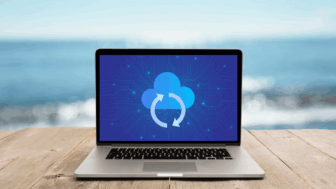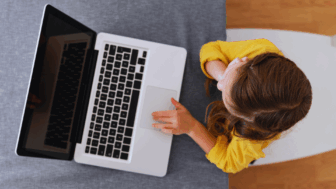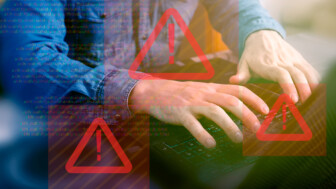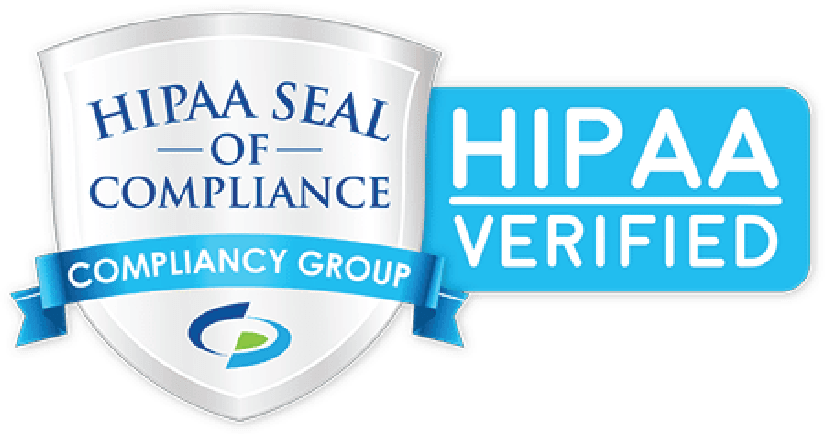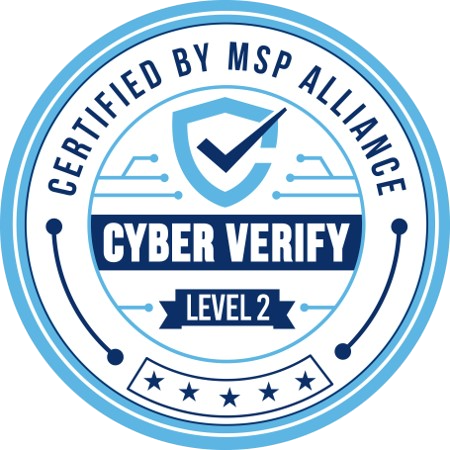Cleaning Your Phone To Prevent The Spread Of Coronavirus
The ongoing spread of coronavirus across mainland US has brought the discussion of personal hygiene to the forefront. The CDC and the WHO are circulating plenty of simple tips to help promote health and prevent transmission.
Wash your hands for at least twenty seconds. Stop touching your face. Don’t shake hands.
But what about your smartphone?
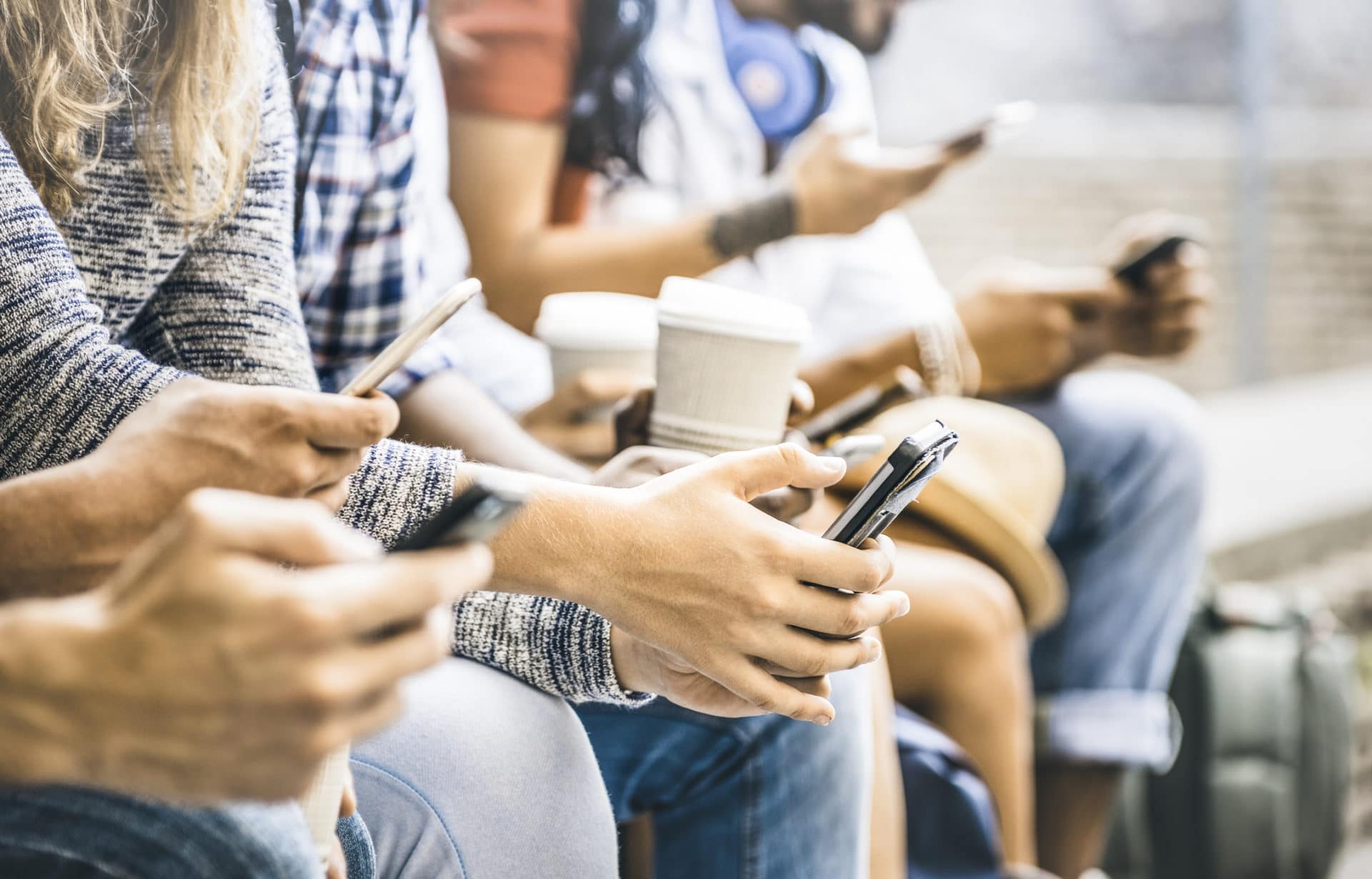
Could Your Smartphone Put You At Risk Of Infection?
Did you know that the average American touches their smartphone 50 times per day? It’s essentially a petri dish for bacteria, collecting samples from tabletops, the seats of chairs, the floor and wherever else you put it down. From there, it transfers bacteria to your hand and then to your face.
Smartphones are such a ubiquitous part of daily life that there’s really no changing these habits. However, that doesn’t mean you can’t clean your smartphone on a regular basis to mitigate the health risks it poses to you, especially while coronavirus is spreading.
Tips For Cleaning Your Smartphone (Without Damaging It)
Keep the following tips in mind when it comes to keeping your smartphone clean:
- Don’t use rubbing alcohol or disinfectant sprays. While it may be the easiest choice, using an alcohol-based spray can damage your phone’s screen. Smartphone screens as specially coated to prevent skin oil from adhering to them. Alcohol can damage this coating.
- Use a damp microfibre cloth. The simplest way to clean your smartphone is with a microfibre cloth, dipped in soap and water.
- Get a case and keep it clean instead. You could also consider investing in a case that completely covers your smartphone, and then regularly wash that instead. Some cases are more heavy-duty and can handle being cleaned with alcohol-based disinfectants.
- Disinfect with UV light. You could also invest in a UV sanitizer device, which uses UV-C light to break down germs and bacteria.
Like this article? Check out the following blogs to learn more:
The Need for Cybersecurity Expertise at the Board Level for Banking
The new Health Industry Cybersecurity Practices (HICP)
NIST’s Small Business Cybersecurity Corner
